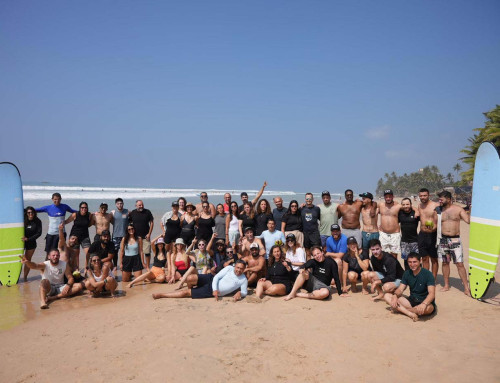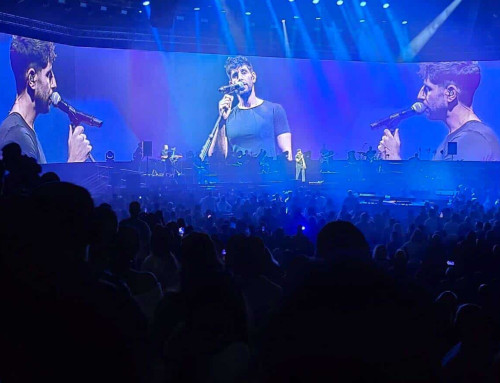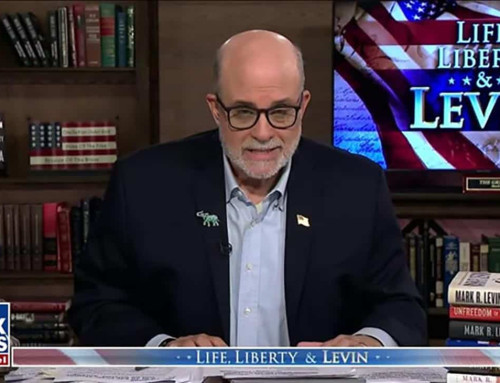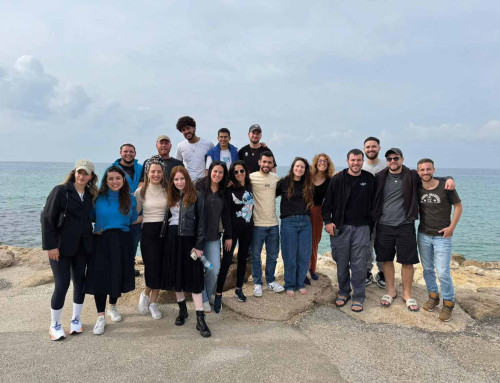Original source: Article published in The Times of Israel – by Dov Lieber
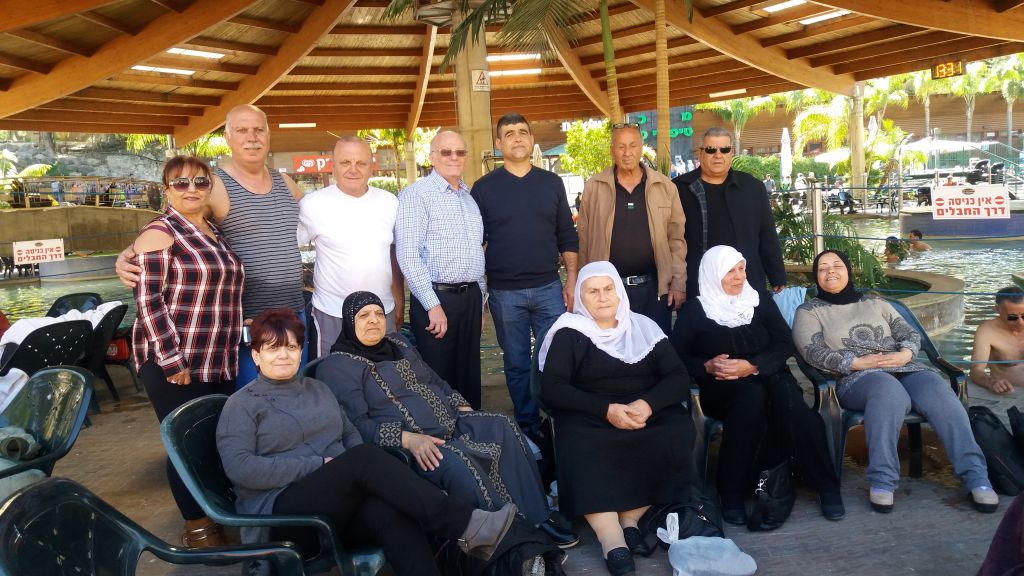
In a get-together at the ancient springs of Hamat Gader, Israeli Druze, Circassians, Arab Christians and Arab Muslims share their grief over their fallen children
It has been 12 years since Jawdat Salame’s firstborn son Rujayah was killed by a Hamas sniper while on guard duty on the Gaza border.
“It’s not easy to be a bereaved family. You are no longer what you were beforehand…But in their deaths, they commanded us to live,” said the 65-year-old Salame, a veteran of Israel’s police force.
On Monday, Salame, an Arab Christian from the village of Tura’an, says he was able to “share his grief” with 29 other Arabic-speaking Israelis from northern Israel, including Druze, Circassians and Arab Muslims who have lost children in terror attacks or in military service. The group visited Hamat Gader, an Israeli tourist attraction near the Jordanian and Syrian borders, where hot springs once enjoyed by the Romans and Jews of antiquity are nestled amid the lush green hills of the Galilee.
The trip was organized by the One Family Fund organization, a donor-funded US-based NGO that since 2002 helps Israeli families who have lost members to terrorism or during active military duty. (The NGO considers Israeli soldiers killed in active duty as victims of terror because Israel’s recent conflicts have been with the terrorist groups Hamas and Hezbollah.)
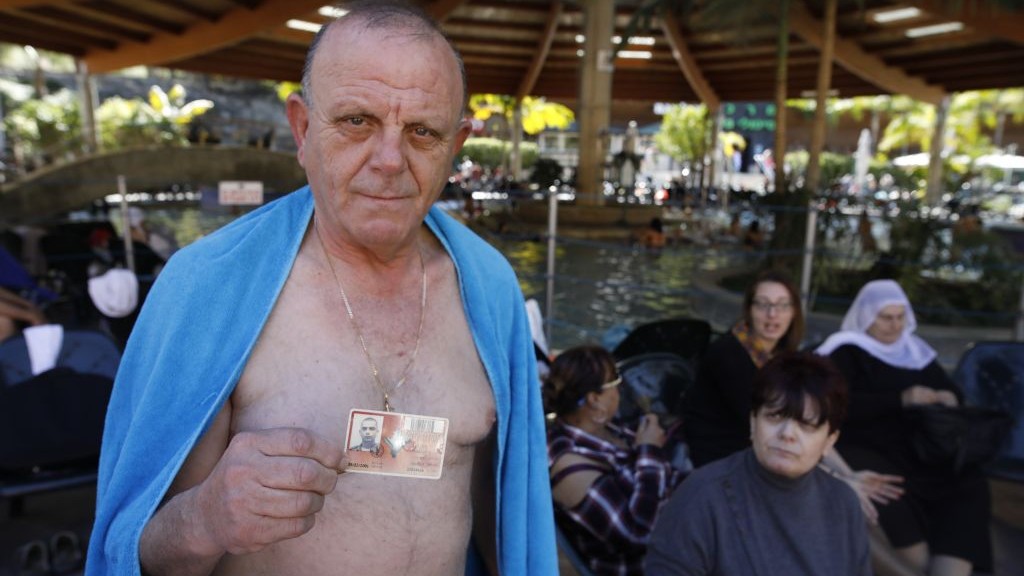
A few times a year, One Family organizes events specifically for Arabic speakers. Basmat Oren, a One Family employee, explained that these special retreats are helpful to the bereaved families because there is a small percentage of relatives, mostly women, whose Hebrew is not good enough to let them comfortably socialize in the language. Arabic-speaking families also attend One Family’s general retreats.
The participants say these get-togethers are a rare occasion where the different Arabic-speaking groups in Israel can socialize together and bond over shared grief.
Additionally, the retreat gives a space for Arab Christian and especially Arab Muslim families to publicly mourn, because in their own communities service in Israel’s military is largely a social taboo.
Hamudi Ali, 67, a Muslim from the village of Bo’eyna, is a father to 10 children, four of whom have served in the IDF. One of them, Hamudi Ahmad Ali, was killed in active duty in Gaza in 2003.
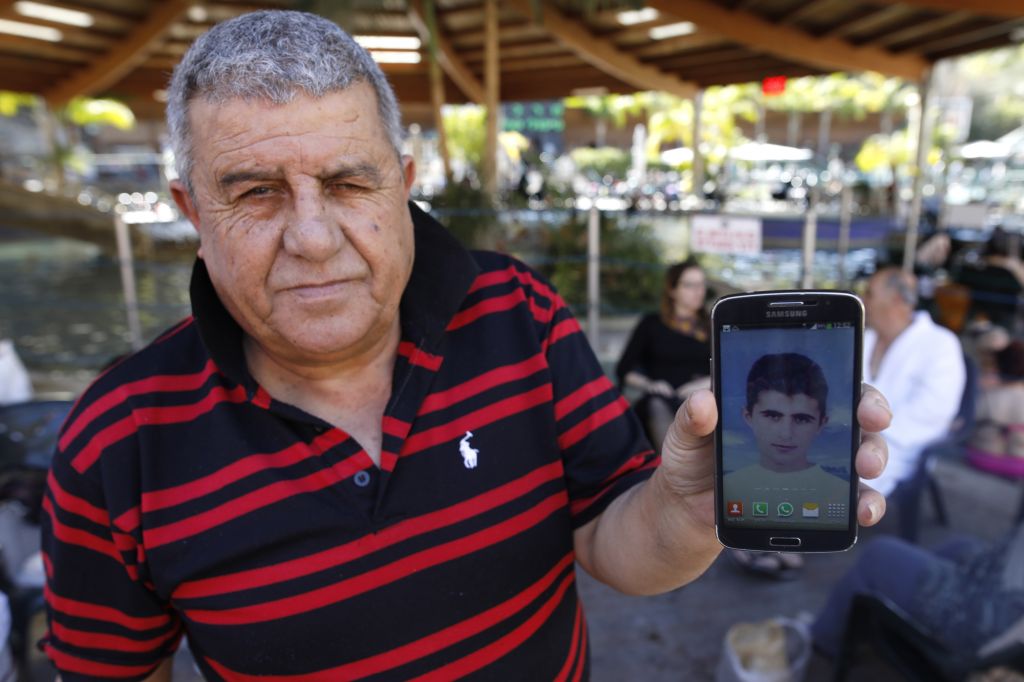
Ali said when his son was killed, many of his neighbors did not come to the funeral. He said he feels ostracized by his community to this day.
“My community is Muslim, and I’m proud of this; I’m an Israeli, and I’m proud of this too,” said Ali.
The pain of the loss has never dissipated, he said. “To this day, I cry for him each night,” he said.
Ali said he liked the idea of having Monday’s outing at the hot springs — a chance for the diverse group to interact in an open and relaxing space.
The group ate a hearty lunch of grilled fish and chicken at the park’s restaurant. They then heard a lecture by psychologist Dr. Yakov Wienberg about dealing with grief.
Ali and Salame said the loss of their sons, both of whom served in the Givati Brigade’s Desert Reconnaissance Battalion, had a debilitating financial impact on their families. Despite a monthly payment from the Defense Ministry, said Salame, “we are living from hand to mouth because we no longer have the mind for finances; we worry mostly about the unity of the family.” One Family provides financial aid to families who need it.
“I really appreciate what One Family does. It is holy work. And they have a wonderful relationship with each of the families,” Salame said.
One Family currently provides services to 45 Arabic-speaking families. According to staffer Oren, its employees visit bereaved families early in the mourning period in order to bring them into the fold.
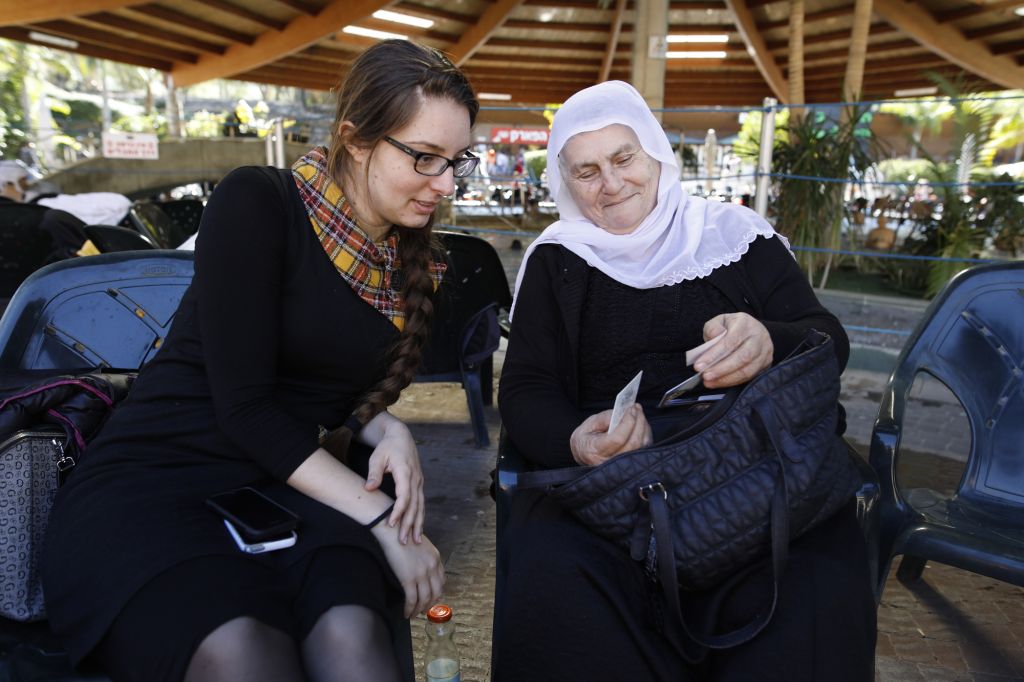
She said the Arabic-speaking families are appreciative when One Family employees show up at their doors.
Ahmed Hamid, from the Circassian community of Rehaniya, near Safed, recalled being visited by One Family staffers shortly after his son, Ibrahim, was killed in the line of duty while serving with the Desert Reconnaissance Battalion in Gaza in 2002. “I felt greatly honored when they came to my home,” he said.
There are just 4,800 Circassians in Israel, living mainly in two villages in the Galilee. Around 40 are eligible for the draft each year. Although Circassians are Arabic speakers, said Hamid, it is unusual for them to socialize with Israel’s Arab community. But One Family, he said, gave him the ability to grieve outside of his small community, which he said made the process less painful. That helps “give us the power to overcome our pain,” he said.

![[Podcast] Heartthrob Idan Amedi Concert Coverage](https://onefamilyfundus.org/wp-content/uploads/2025/03/heartthrob-Idan-500x383.jpg)
